Luna Park in Sydney might seem an odd venue for the recent Australian Society of Authors Congress, which I attended last week. Visions of whirling writers clutching laptops on the Big Dipper or pen and paper colliding madly on the Dodgem cars spring to mind but we were safely ensconced in the Convention Centre away from crowds sticky with Fairy Floss and from the delighted screams of teenagers on the frightening Hair Raiser ride.
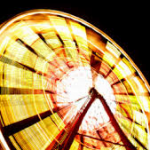
However, the metaphor of writers poised dangerously on top of a Ferris Wheel or spinning wildly on a Whirly Wheel seemed extremely appropriate as we explored the question: ‘What sort of future does the author have in this new digital landscape?’ This question lead us in turn to examine what is ‘Australian literature’, who benefits from the book industry, why are writers being paid less than they were a decade ago and whether copyright is an outmoded concept. We also asked whether the internet had indeed brought better opportunities for writers and whether professional reviewers had been replaced by amateurs. Lots of important question to resolve in just two days.
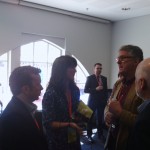
When it comes to a Congress such as this there will always be some subjects that strike a chord more than others and for me there were a number of highlights. Then opening address by the witty, urbane but arrow-tipped tongue of David Marr set the tone for the day. ‘They’ Marr reminded us, without being too specific about who ‘they’ were, ‘cannot do without us, the storytellers.’ He reminded us that it was American writer J.D Salinger who wrote many of his stories in the fox-holes of battle during WWII. ‘Whether we are imaginers (fiction writers) or explainers (non-fiction writers)’ he said ‘we are all storytellers.’
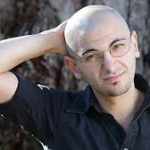
Later in that first morning I was likewise inspired by the words of Michael Mohammed Ahmad, the director of SWEATSHOP a Western Sydney Literacy Movement whose first novel The Tribe was published last year. He challenged his predominantly Caucasian audience to be open to more cultural diversity. When there is a lack of cultural diversity in our writing he said we could be suffering from what he called ‘the fantasy position of white supremacy’. Although there have been incremental inroads of non-Caucasian voices in Australian writing, we still have a long way to go yet.
No event these days seems to be pollie-free and we were visited by Senator George Brandis, Labor’s Mark Dreyfus and the Greens’ Adam Bandt. Senator Brandis’ address was very disappointing but then maybe he had other issues on his mind, namely losing his job but he spent his entire address updating us rigorously on the many politicians who had written books. There were no hints about how he intended to run his National Programme for Excellence in the Arts, using the $105 million stolen from the Australia Council funding.
On the other hand Mark Dreyfus received loud applause when he announced that should Labor be returned to government at the next election that $105 million would be returned to the Australia Council.
Later that day the keynote address was given by American best-selling author and lawyer Scott Turrow, whose eleven books have been translated into forty languages and sold over thirty million copies. Many of his books have been adapted for film and TV including Presumed Innocent and Burden of Proof. He sets the bar pretty high for writers.
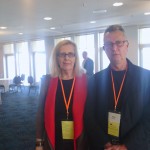
For me the highlight speaker on the second day was prototype feminist Anne Summers whose address formed the preface to her next year’s re-publication of the seminal Dammed Whores and God’s Police, which has just celebrated its fortieth anniversary and is currently out of print. She summed up the contemporary tsunami of violence against women as ‘a national emergency’. Afterwards she was happy to chat and sign a copy of her most recent book The Misogyny Factor, which I promptly read at Sydney airport and on the flight home to Avalon.
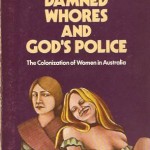
Of course the impact of these congresses often lies in the small moments, the connections one makes with other writers at lunch or a casual word during morning tea, connections that may well endure long after the congress is over. One overwhelming impression for me was that I did feel part of this group of writers, working away quietly and even obsessively to tell stories, to search out experiences, to investigate what it means to be human. I was surprised on the final day as I waited for the ferry at Milsons Point to travel across the harbour to Circular Quay to feel some sadness to be parting from this group of fellow-travellers. Back to the lonely life in the garret.

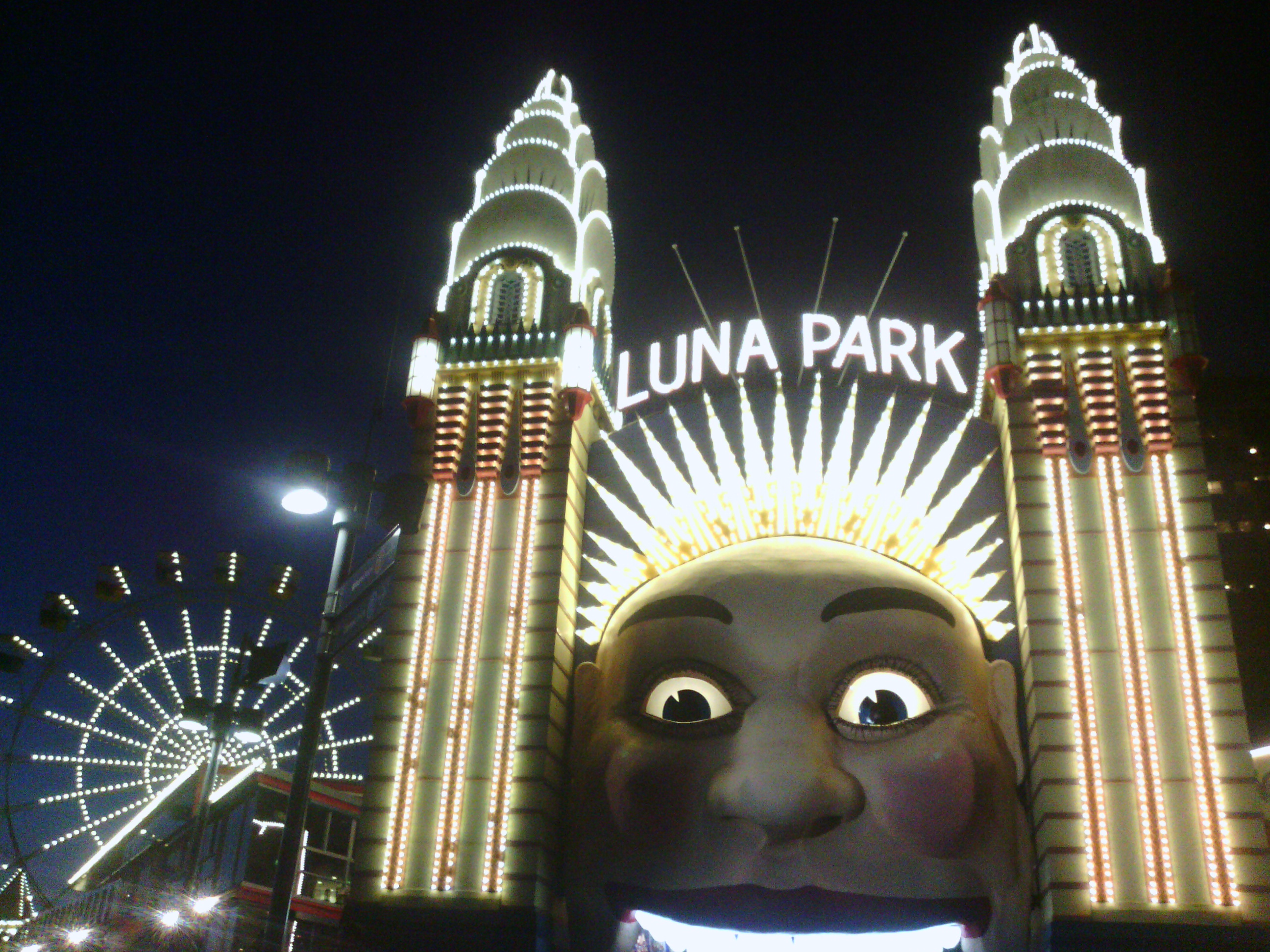
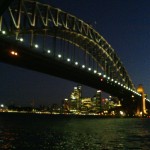
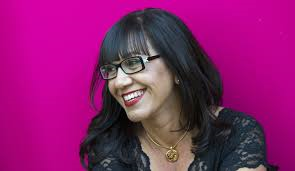
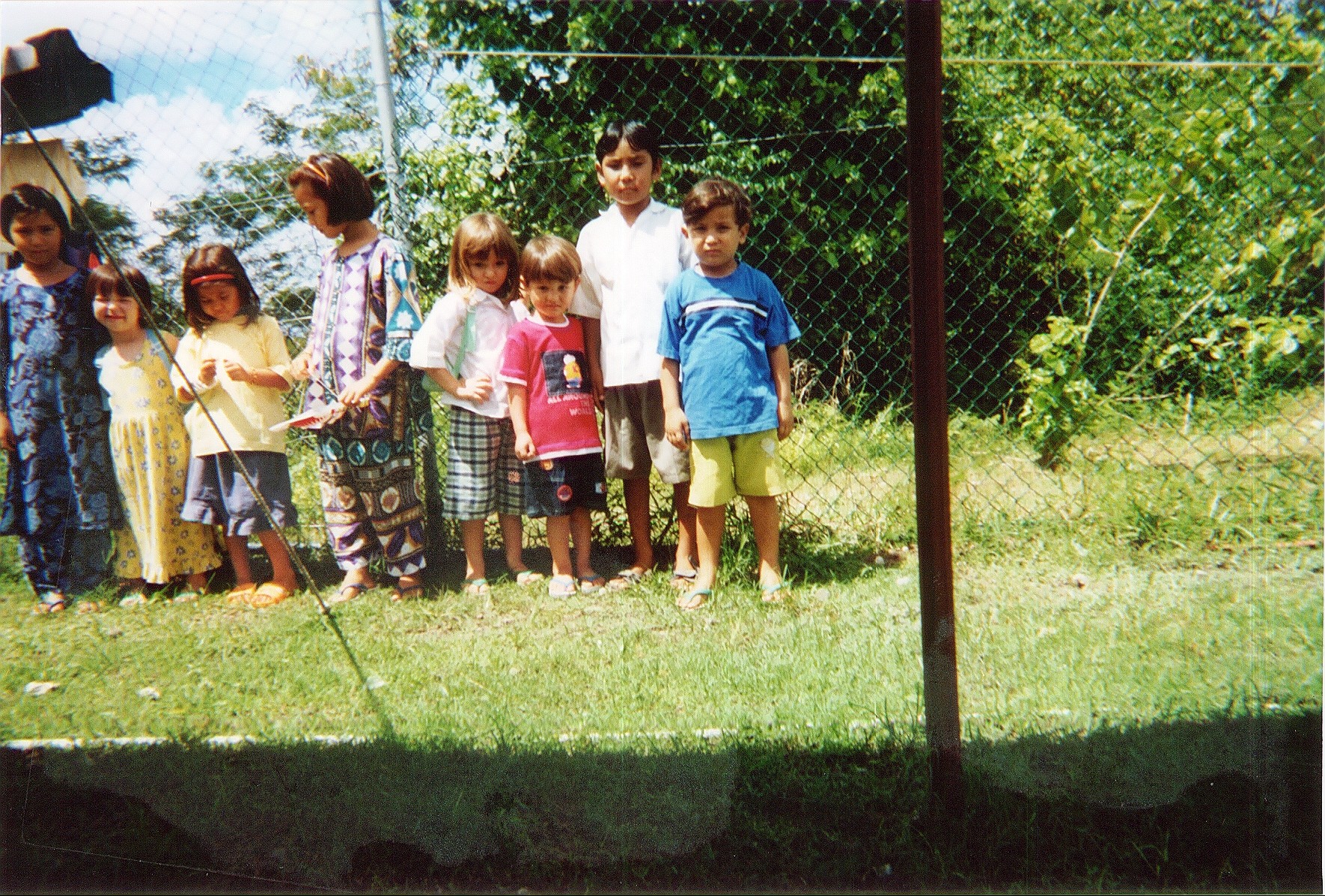
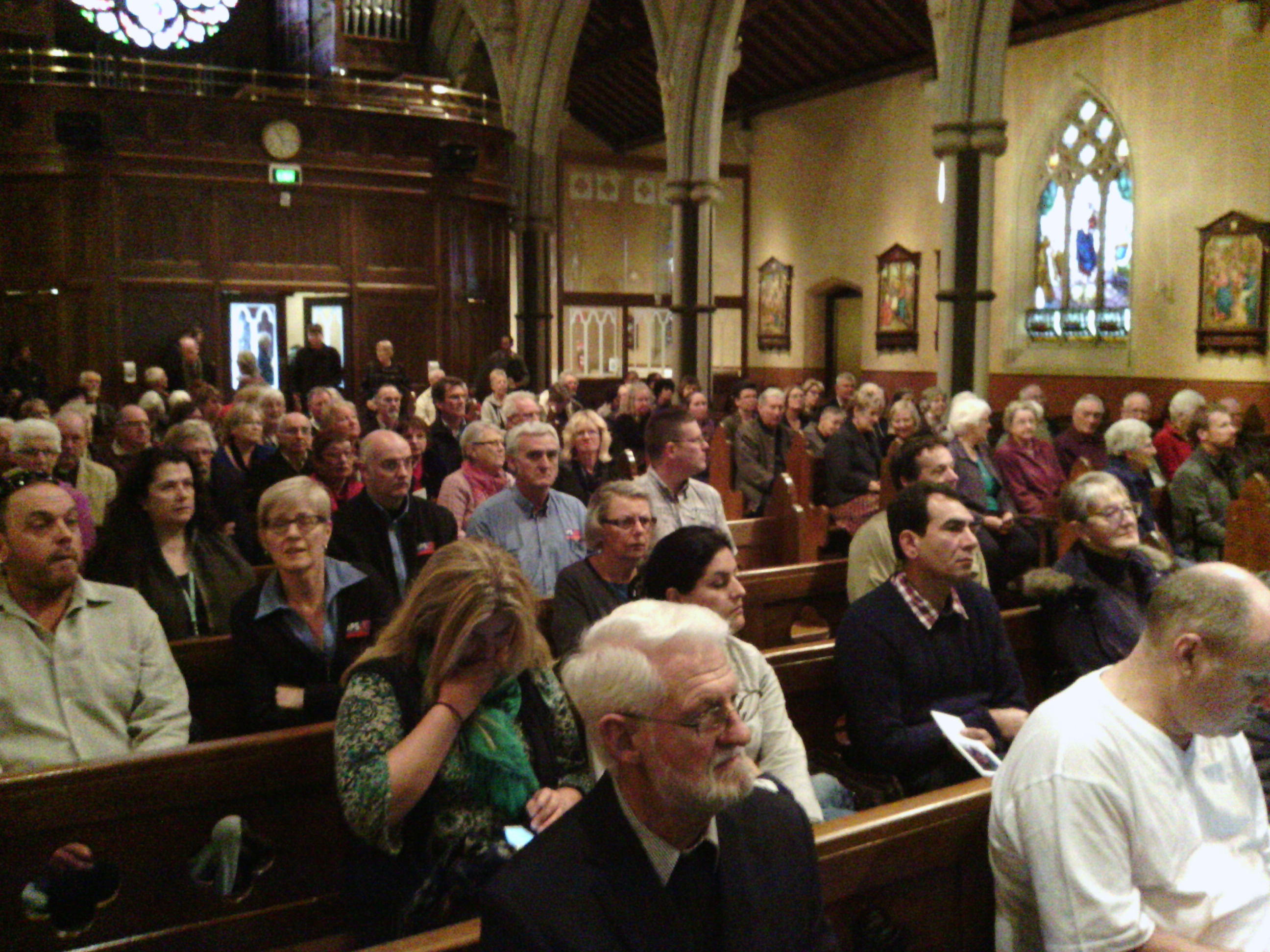
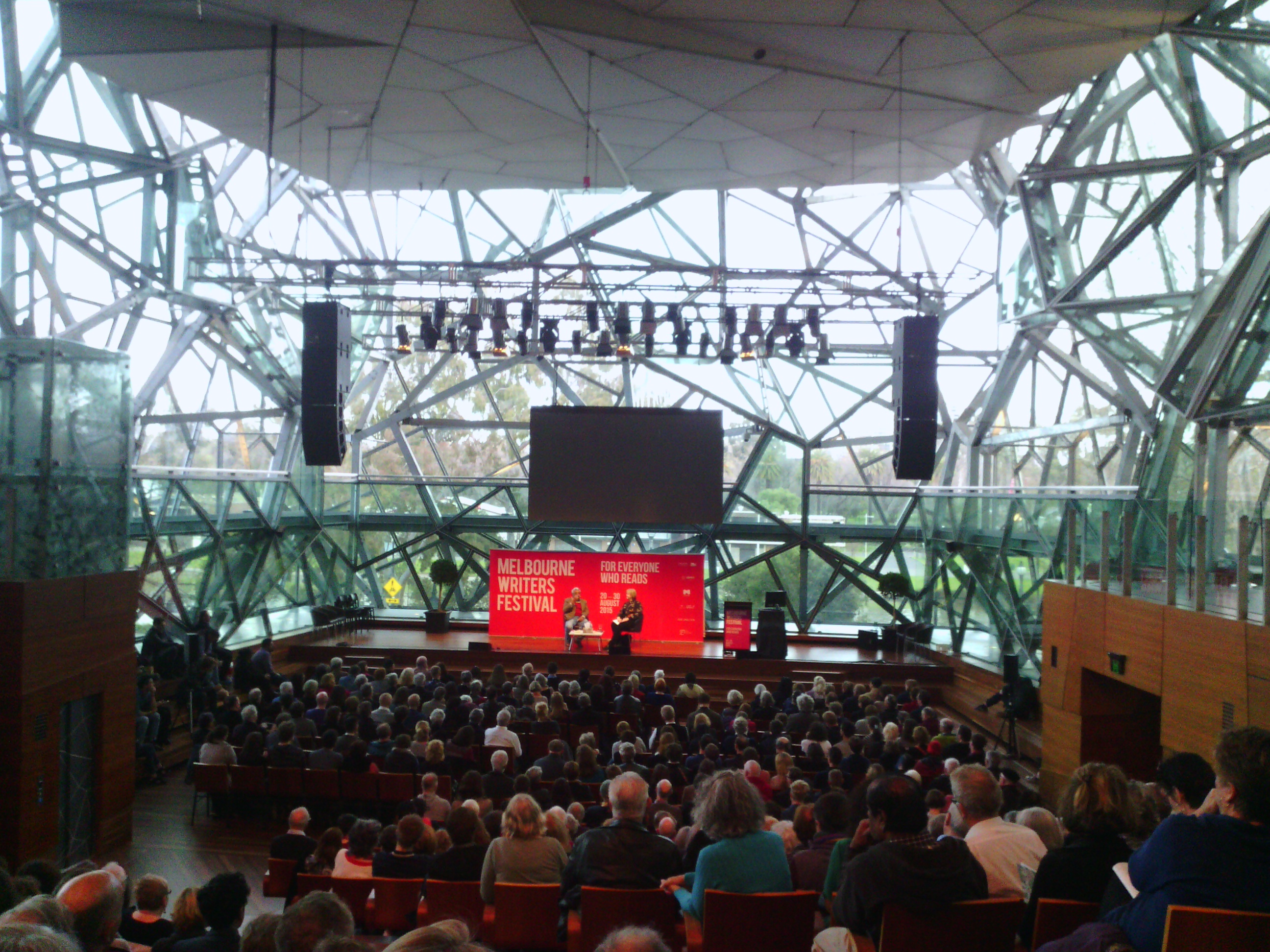
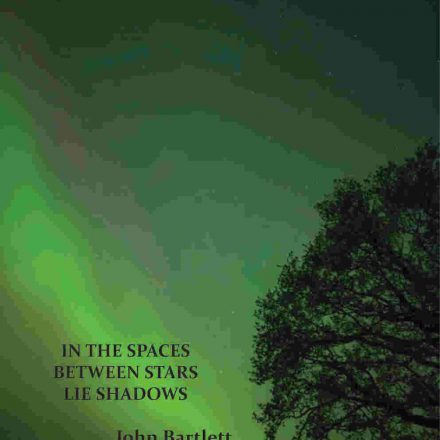
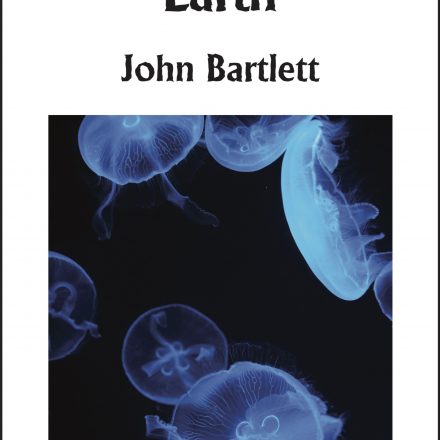
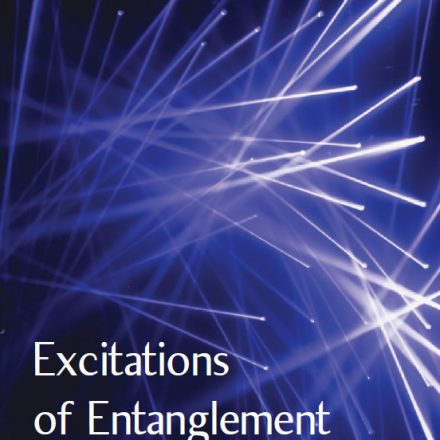
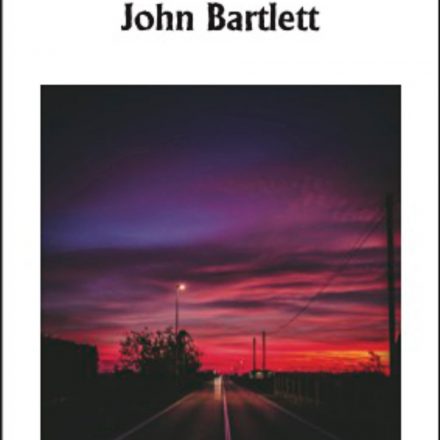
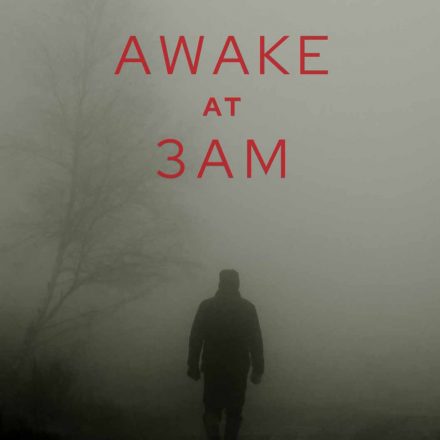
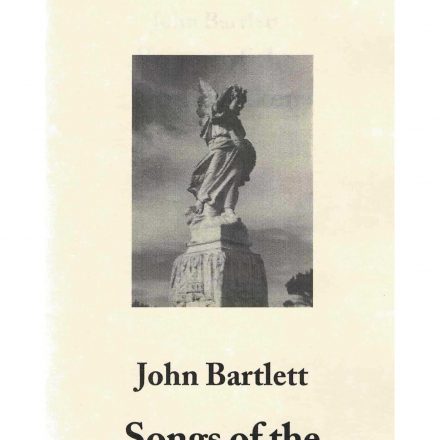

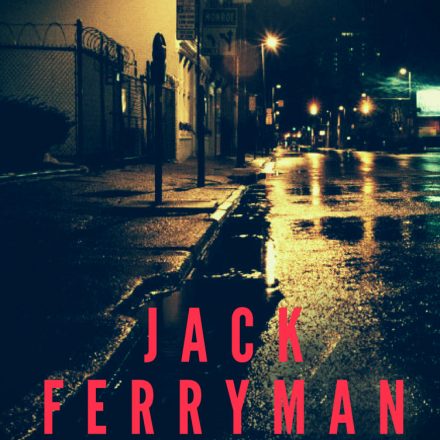
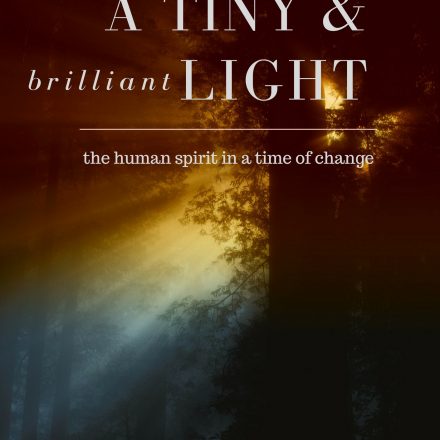
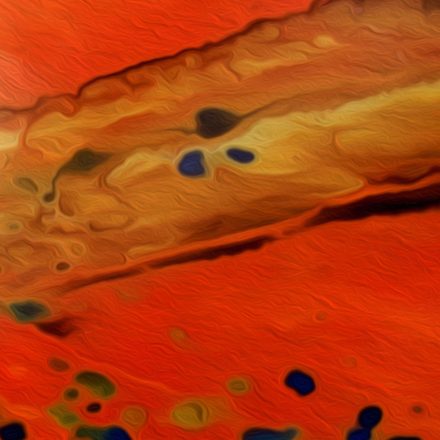
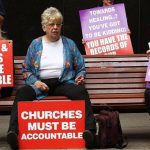
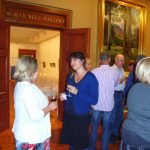
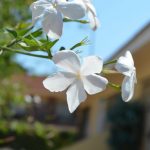

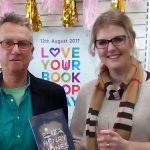
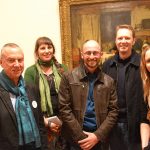
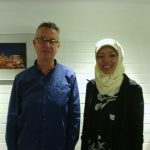
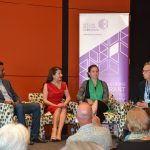
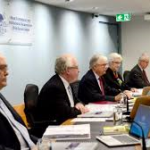
It sounds like the Congress was good for the writers’ souls. John. A pity George couldn’t inject some funding therapy but glad that Anne and Mark kicked goals for the writing community – and for us readers. Could you explore and expound it all on your blog, or perhaps an article somewhere? An interview with Bernie on FM radio.? We need you writers to help us cross the many and various bridges in our society. John M
Sounds like you had a great time, John. Anne Summers is always worth reading and I’m glad Sydney’s Luna Park was used as a venue – demanding attention and insisting on a little fun amongst all the serious talk.
Hope the garret isn’t toooooo lonely.